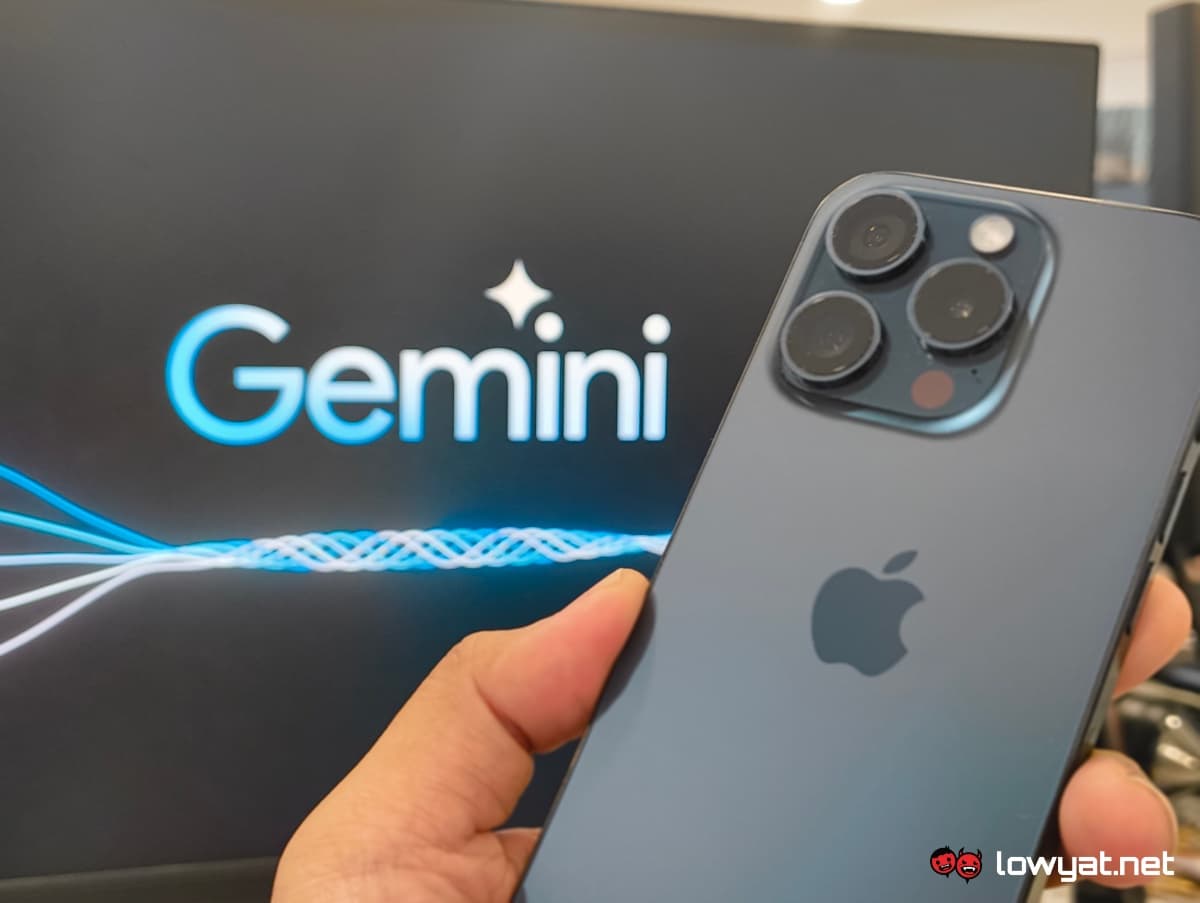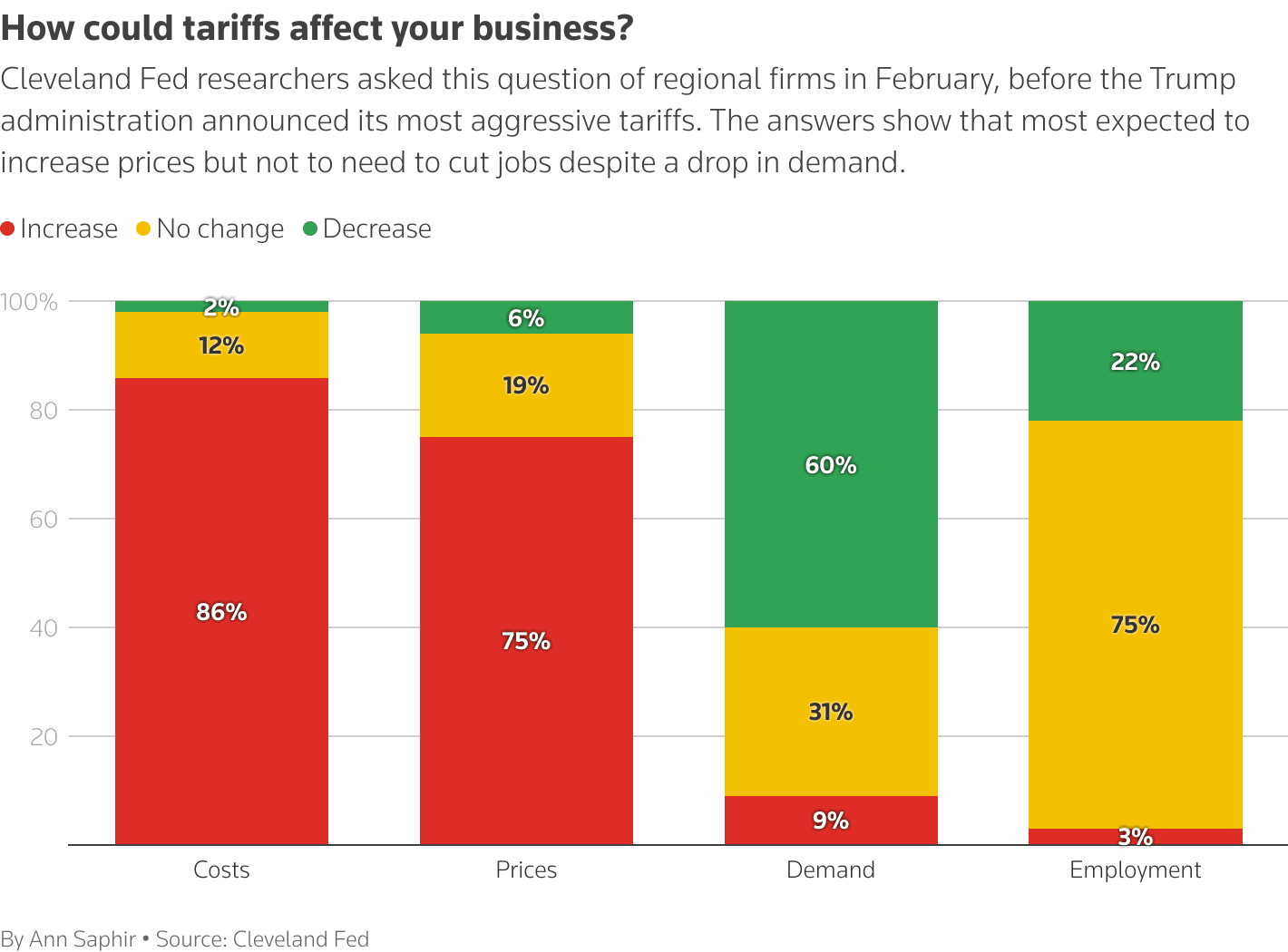Apple to Pay Google One Billion a Year for Gemini Integration
Apple has reportedly struck a deal to license a custom Google Gemini model to power the next generation of Siri, a move that signals how even the most device focused tech company is outsourcing heavy duty artificial intelligence work. The arrangement raises fresh questions about privacy, vendor dependence, and how Apple will position a service built on a rival's technology.
Listen to Article
Click play to generate audio

Apple is preparing to integrate a bespoke Google Gemini model into Siri, the company’s virtual assistant, according to reporting by Bloomberg’s Mark Gurman. The deal, first reported on November 2 and followed by a subsequent update, would see Apple pay roughly one billion dollars a year for access to a custom Gemini model with about 1.2 trillion parameters. The model is expected to power a new version of Siri slated for spring 2026.
Under the reported agreement the custom Gemini model will run on Apple’s private cloud computer servers, while Apple’s on device models will continue to handle tasks involving personal data. Bloomberg’s coverage says Apple does not plan to disclose Google’s role in its marketing for the Siri upgrade. Google declined to comment on the reports. Apple and Anthropic did not respond to requests for comment.
The arrangement underscores the engineering and economic realities of large scale generative AI. Models measured in the trillions of parameters need massive compute infrastructure to train and to serve, and many companies that once competed on raw hardware are now making deals to license models or to co develop bespoke versions. Running the custom Gemini model on Apple’s private cloud suggests Apple wants to retain operational control and to integrate the model tightly with its software and privacy architecture.
For Apple, which built its reputation on tightly integrated hardware and software and on-device privacy protections, the deal highlights a strategic pivot toward partnerships when in house technology lags. The company has been slower than some competitors to adopt generative AI and has relied on outside services in recent months to add capabilities on top of Apple systems. Turning to Google for a core conversational model marks a notable shift for a company that typically emphasizes independence.
The choice carries both advantages and risks. Access to a leading large language model could materially improve Siri’s ability to handle complex tasks and provide richer, more conversational interactions across iPhone, iPad and Mac. Running the model on Apple servers rather than on public cloud infrastructure may mitigate some privacy concerns for sensitive data, particularly if Apple limits cloud use to non personal queries and keeps personal processing on device.
At the same time the partnership creates a dependency on a direct competitor for a marquee product feature. Industry observers will watch whether regulators or privacy advocates raise concerns about transparency or market power. The decision not to highlight Google’s role in marketing may also draw scrutiny if customers perceive an information gap about how their queries are processed.
The reported price tag of one billion dollars annually is significant, but it is only one element of the broader AI arms race that has reshaped the technology industry. Apple’s move reflects a pragmatic recalibration: balancing proprietary device based features with server side horsepower sourced externally when needed. As the company prepares to roll out the upgraded Siri, consumers and regulators alike will be attentive to how Apple explains the tradeoffs between capability, privacy and reliance on a competitor’s technology.


